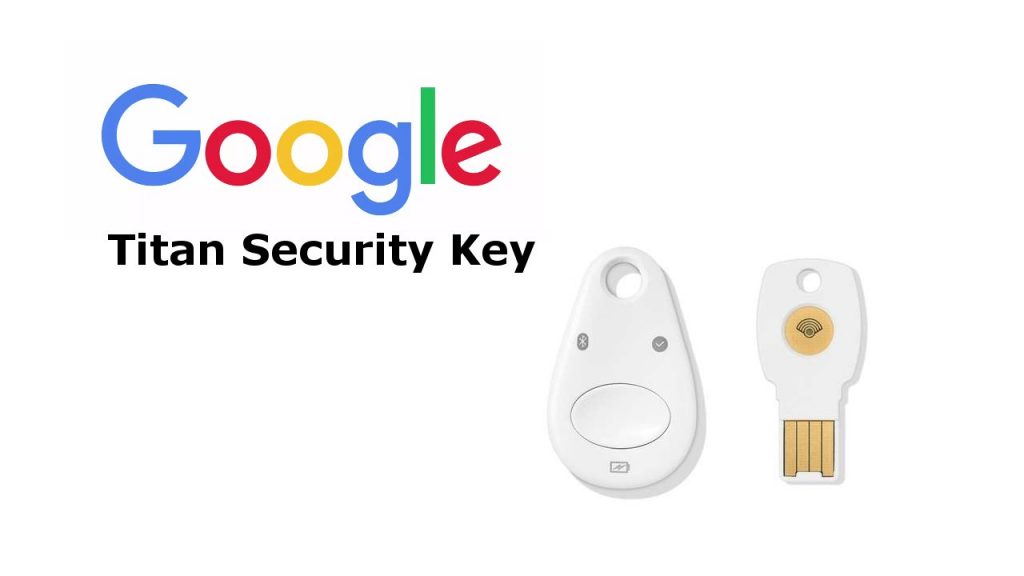


The difference is that one of Google’s models will rely on a Bluetooth Low Energy component, a standard Yubico helped build but decided not to use because “it does not meet our standards for security, usability, and durability.” Bluetooth, according to Yubico, doesn’t offer the same security level as NFC and USB. That said, Google’s new Titan Security Key will be in direct competition with Yubico’s products. Yubico already offers its YubiKey series for desktop and mobile, such as the YubiKey 4 supporting multiple protocols, the Android-friendly YubiKey NEO, and the Security Key with out-of-the-box support for Gmail, Facebook, and more. Google and Yubico originally developed this protocol along with support by NXP but now its maintained by the FIDO Alliance. There’s no personal information sent across the internet, and the private token used to unlock the service remains solely on the physical key. Later when you log into the account, the service containing the public token will send a “challenge” requiring you to touch a button on the key, thus unlocking the private token for verification. Google’s Titan Key ensures your phone and apps are virtually unhackable Google recalls Titan Security Key due to hijack risk After knocks on its security, Ring makes two-factor authentication mandatory


 0 kommentar(er)
0 kommentar(er)
